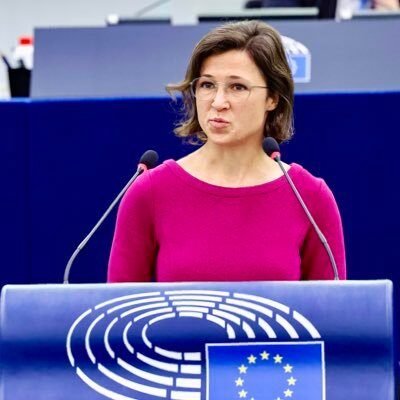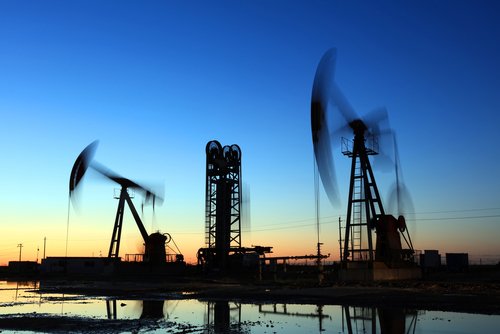Belgium, (Brussels Morning Newspaper) While Europeans are concerned about the geopolitical and military implications of Russia’s full-scale invasion of Ukraine, they are already paying a high price in two other domains: energy and the economy. Faced with Russia’s attempts to weaponize its energy supplies, Europeans are now determined to end their dependency on Russian gas.
As a result of all these factors, Europe’s consumers and companies have seen their energy bills skyrocket. The EU and generally the West turned to major energy producers and decades-long partners in the Gulf. In that direction, the European Commission published its Gulf Strategy, outlining its strategic approach to the region for the years to come.

MEP Hannah Neumann, Chair of the European Parliament’s Delegation to the Arabian Peninsula for Brussle Morning comments that as Chair of the Parliament’s Delegation to the Arabian Peninsula, she has traveled the region extensively.
– In my exchanges with politicians, representatives of civil society, and business representatives, I have seen a real appetite to deepen the relations with the EU. In this context, I very much appreciate the European Commission’s decision to draw up a new strategy outlining its approach to the Gulf Region for the years to come – said Neumann.
The MEP has underlined that the EU has seen with the war in Ukraine that it was a mistake to make ourselves dependent on Russia when it comes to our energy supply.
– At the same time, the political leaders in the Gulf region are aware that their countries cannot forever draw their wealth from the sale of oil and gas. Especially when it comes to the export of sustainable hydrogen to Europe, both sides could benefit: The Gulf states would be able to make a profit with the climate-neutral energy sources they have at their disposal, while the EU would diversify its energy mix and supplier base. This would also help with the implementation of the Green Deal. At the same time, we should not shy away from speaking up about the human rights situation in many Gulf countries. They are not democracies, civil society is nearly absent, human rights defenders still end up in prison and face travel bans; their families are frequently the target of threats, and freedom of speech remains limited. The situation is different across the region, but none of the countries can be described as fully democratic. The strategy must address this issue and put focus on collaboration in the area of human rights as well as regional peace and stability – stated Neumann for the newspaper.




